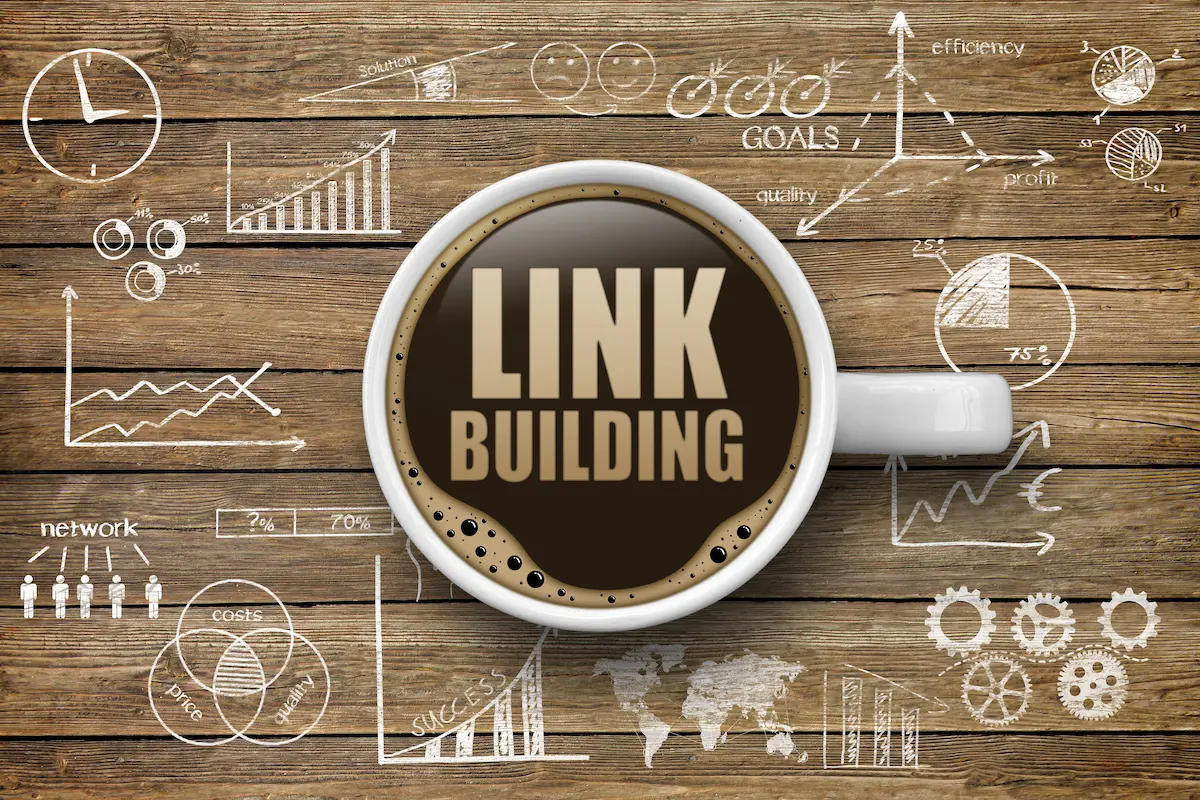Search engine optimization (SEO) covers a wide array of techniques and strategies to rank higher on search results.
And one of the most important ranking factors used by search engines is web links.
Good link building allows you to outrank the rest of the websites and establish authority. But it can be quite complicated.
If you want to upgrade your website with better link building, you might want to consider hiring professionals like Boldist.
You can visit this website or other similar sites to learn more about their services. They help create useful content with proper linking to create relevancy and authority.
But what is link building exactly? This article will guide you to the basics of link building for SEO.
Defining Link Building
Link building is an SEO strategy that allows you to build a network of links to a page in order to strengthen website authority in search engines and drive organic traffic.
Links can be either internal or external.
Internal links are those included within your website’s page, targeting pages on or off the website.
Oftentimes, these internal links provide relevant pages to users and help in increasing dwell time which is another factor for better ranking in search results.
When talking about link building, most experts focus more on inbound links or backlinks.
These are external links that come from other websites. Such links help create website authority and popularity in the market.
The more backlink you get, the more trustworthy and relevant you look, making search engines consider ranking you.
What Makes A Good Link?
While links help create authority, trust, and relevance in your content, not all links are created equal.
Some links offer more value than others. For instance, a link from Forbes is more valuable than a link from an unknown blogger.
With that said, there are numerous metrics to consider when evaluating the value and strength of a potential backlink.
Authority
Does the backlink come from a quality website with a trusted reputation in the industry?
There are numerous measures of authority, however, it’s important that most of your backlinks come from middle-authority to high-authority websites.
User Experience
Every link you build should provide a great user experience.
Does the link point to helpful or important content on your website?
If a reader thinks your backlink was helpful, then it’s a good link. If it confuses them, then it’s a bad link.
Relevance
Backlinks from industry-relevant websites and blogs have more value than simply linking to irrelevant websites or having spammy links from directories which could even land you a penalty.
For instance, if your website talks about pets, then a link from ‘The Spruce Pets’ matters more than websites focused on managing a business.
Technical
Even if your backlinks offer good authority, user experience (UX), and relevance, if it doesn’t have a good technical standpoint, then its value can reduce greatly.
Can search engines crawl the link? To determine that, there are several rules to follow.
- Links should be further up on the page.
- Use the right anchor text.
- The link should also be surrounded by relevant words to be more technically correct.
- The page should also be indexable so that search engines can crawl these pages.
- Use ‘Do Follow’ links instead of ‘No Follow’ links
Link Building Strategies Best Practice
Here is a list of link building strategies best practices:
Guest Blogging

Also called guest posting, guest blogging means writing content for another website within their niche. By doing so, you can touch a new audience and attract traffic back to your website.
Leverage Competitor’s Links
Competitor link research is fundamental to link building. If your competitors are ranking higher, then they might be using the right strategies.
So, make sure to spy on your competitors and know where their links are coming from.
Create Linkable Assets
It’s possible to build links to any webpage with determination and willpower. However, it’s easier to build links if you have something that users actually want to link to.
Linkable assets include:
- Studies and research
- Infographics
- Surveys
- Online calculators and tools
- Tutorials and guides
Content Creation And Promotion
Regardless of how ‘linkable’ your pages are, users won’t be able to link to them if they can’t discover these assets.
So, it’s important that you promote these assets to attract links.
You can do this by creating unique, compelling, and high-quality content and promoting them via digital marketing, outreach, and communities.
Conclusion
As you can see, link building plays a critical role in driving organic traffic to your business website. Although it’s not the most comprehensive guide on link building, we hope that this article has cleared up a lot of things and provided you with basic information on SEO link building.

